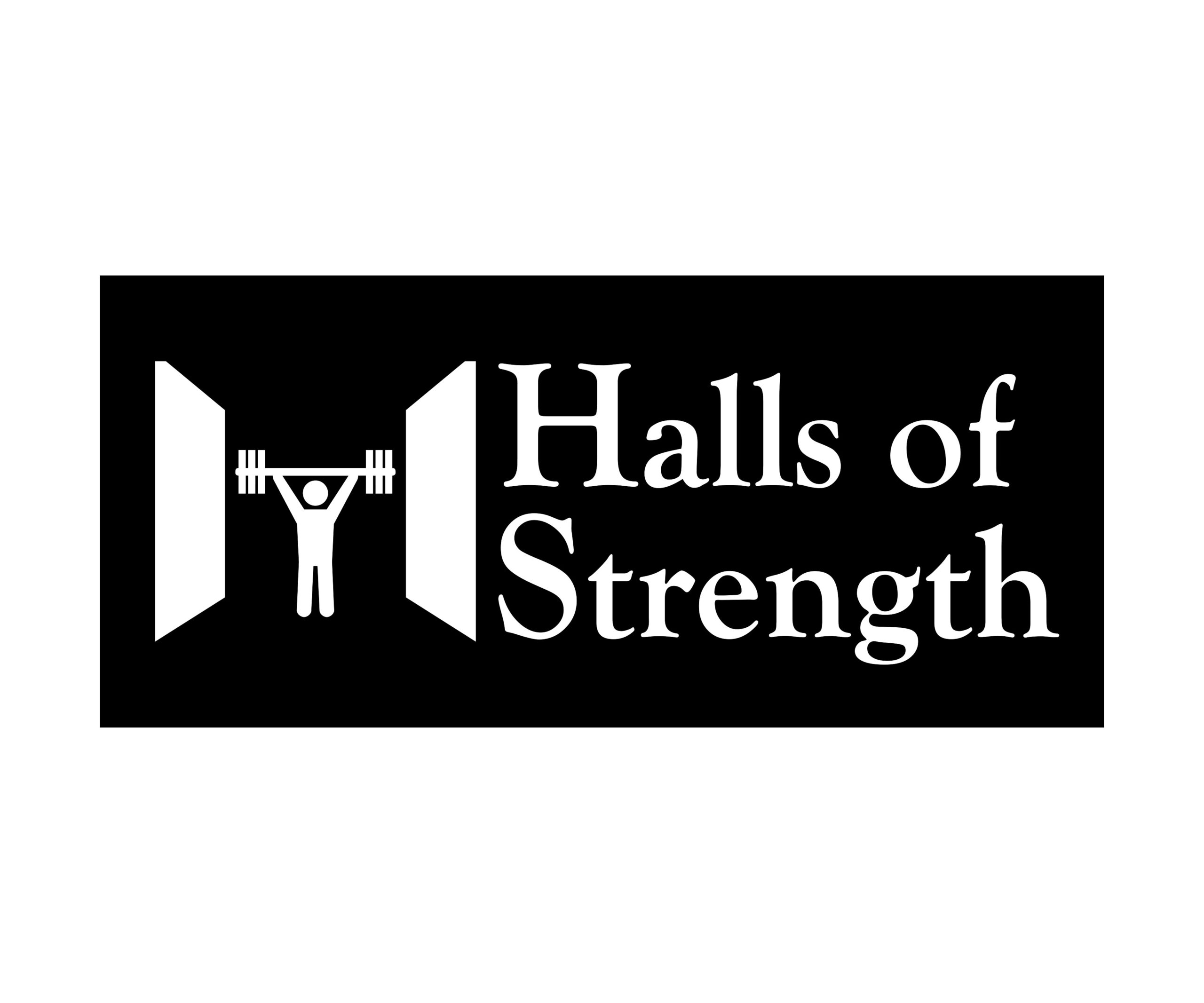
Deciding whether to hire a personal trainer can be a pivotal choice in your fitness journey. With countless gyms and fitness programs available, it’s easy to wonder if investing in a personal trainer truly pays off. Beyond just guiding workouts, personal trainers offer tailored support that can accelerate progress, prevent injuries, and help you stay motivated. But is the financial cost justified by the benefits? In this article, we’ll explore the long-term value of personal training, examining both the health advantages and the financial return on investment, to help you determine if it’s a worthwhile choice for your goals.
Understanding the Benefits of Personal Training for Long-Term Fitness
Personal training provides more than just instruction; it fosters a sustainable approach to fitness. Trainers create customized workout plans that align with your specific goals, whether it’s weight loss, muscle gain, or improved athletic performance. This tailored approach increases the efficiency of each session, helping you see results faster and more consistently. Moreover, a trainer’s expertise ensures proper form and technique, reducing the risk of injury and ensuring that you get the maximum benefit from every movement.
Beyond the physical benefits, personal trainers also play a crucial role in building habits and motivation. They hold you accountable, making it less likely that you’ll skip workouts or lose focus. Over time, this consistency helps establish a long-term fitness routine that can become a permanent part of your lifestyle. Additionally, many trainers provide guidance on nutrition and lifestyle changes, amplifying the positive effects and fostering overall well-being. These long-term habits and insights can lead to sustained health improvements that extend well beyond the gym.
Evaluating the Financial and Health Returns of Investing in a Personal Trainer
While personal training can seem costly upfront, many individuals find that the health benefits and progress achieved are well worth the investment. Regular sessions can help prevent costly medical issues down the line by improving cardiovascular health, managing weight, and reducing stress. The improved physical health can translate into fewer sick days and lower healthcare costs, ultimately offering financial savings over time. Furthermore, the motivation and accountability provided by a trainer can be the difference between starting and maintaining a fitness routine, leading to consistent progress and fewer wasted resources on ineffective workouts.
From a broader perspective, investing in personal training can enhance your quality of life, productivity, and self-esteem—non-monetary rewards that are often overlooked. Feeling stronger, more energetic, and confident can positively impact your personal and professional relationships. While the initial costs may seem high, the long-term health benefits, improved confidence, and lifestyle changes often justify the expense. Ultimately, whether personal training is worth it depends on your goals, commitment, and how you value your health, but for many, it proves to be a valuable investment in their overall well-being.
Deciding to hire a personal trainer is a personal choice that hinges on your goals, budget, and commitment level. When viewed through the lens of long-term health, enhanced performance, and lifestyle improvements, personal training can offer significant value that surpasses the monetary cost. By providing expert guidance, personalized plans, and ongoing motivation, trainers help turn fitness aspirations into sustainable habits. If you’re serious about making lasting changes and maximizing your health investment, personal training may very well be a worthwhile and rewarding investment in your future. Halls of Strength, Orange County’s premiere personal trainer, 657.201.8210



